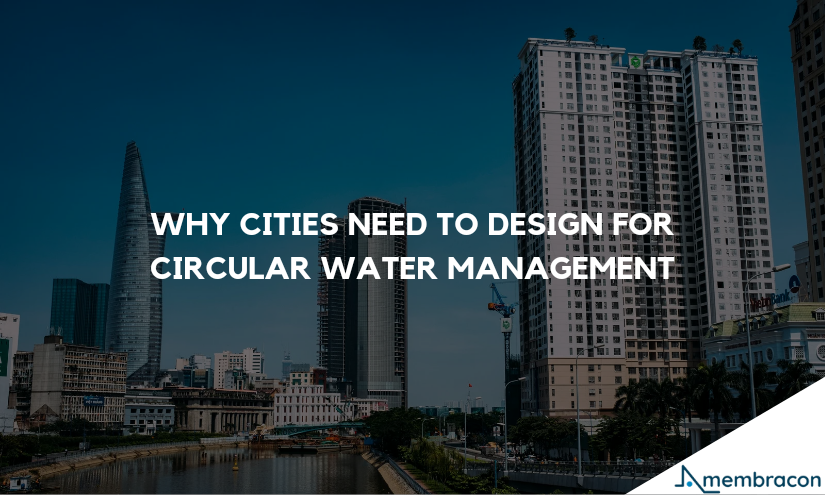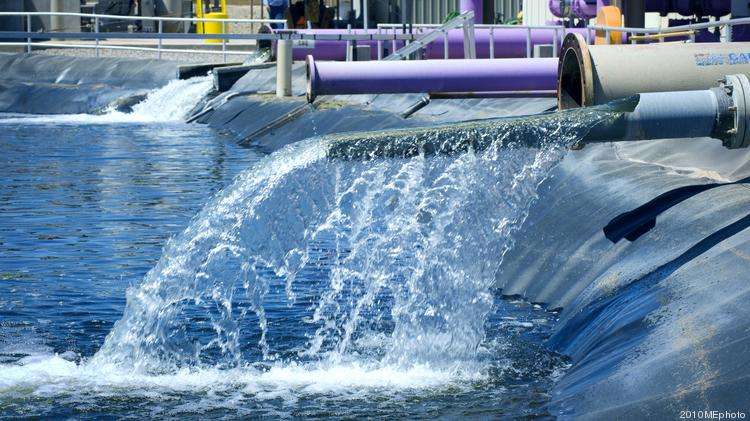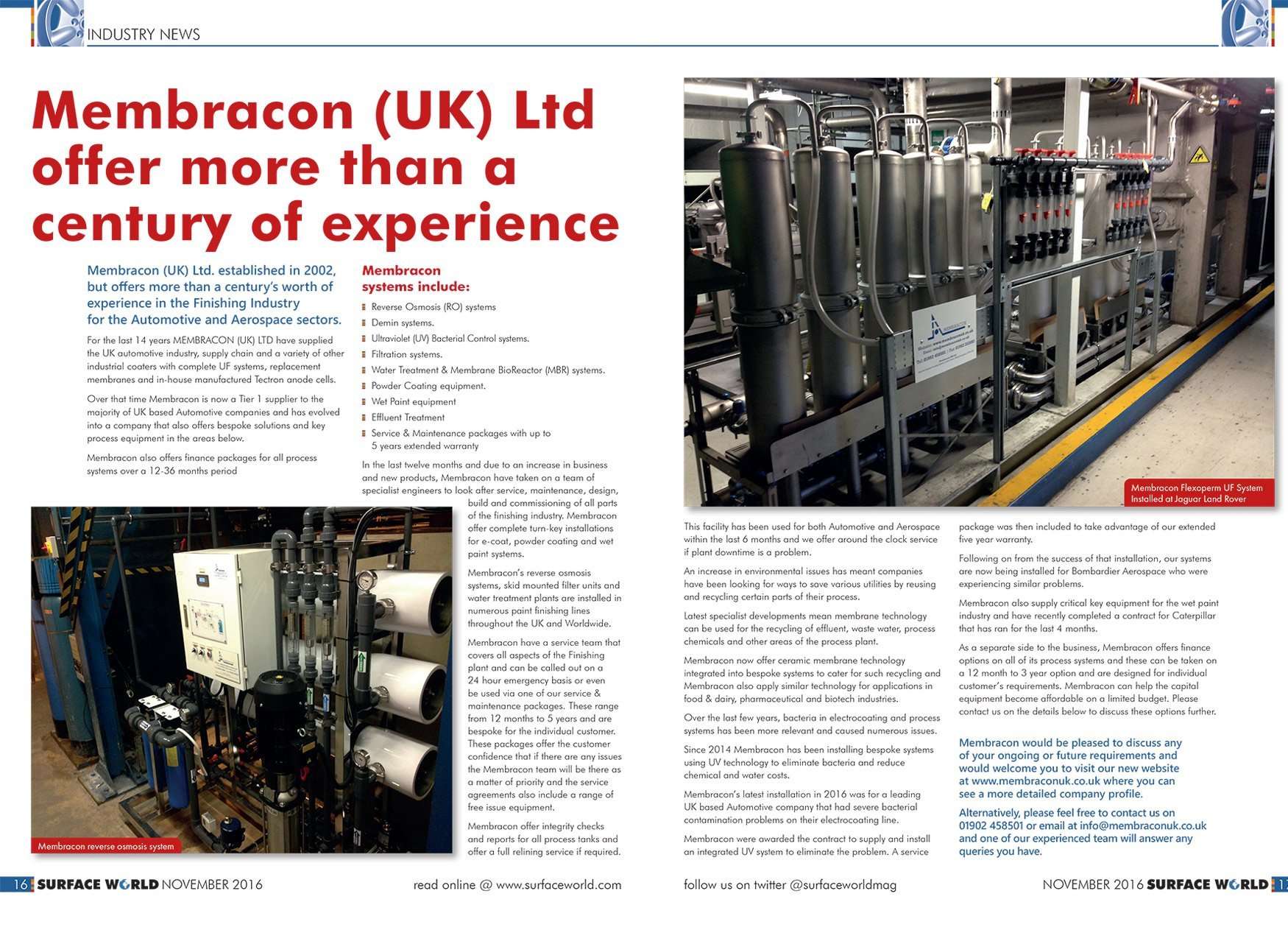
Why Cities need to design for circular water management
The biggest challenge facing the water industry is making supply meet demand, especially in cities with explosive population growth.
Water shortages are a very real threat, with freshwater supplies in the UK estimated to fall by more than one billion litres by 2024.
Additionally, there is a lot of waste. Globally, 80% of wastewater flows back into the ecosystem without being treated or reused.
Drier weather, population growth and increasing industrialisation and urbanisation mean water companies are under pressure to make supply meet demand.
Cities, in particular, will be the hardest hit because of the linear way they consume water (use, disposal), with sustainability a mere afterthought.
One solution to the problem is circular water management.
What is circular water management?
With freshwater supplies running down and ever-larger quantities of wastewater being released without treatment, circular water management practices offer a way to optimise resources to achieve water sustainability.
At a basic level, circular water management is about using and reusing water and wastewater resources to improve the water supply.
However, circular water management goes further than this, looking to reuse all materials in water in addition to the water itself.
The effluent from treatment, waste products from treatment, and contaminated water beyond potable refinement are all considered rich resources. Waste is minimised across the supply chain, managing water demands efficiently.

Why is circular water management in cities important?
Circular water management in cities is important to take control of the supply chain and treat water as the finite resource it is.
The linear way cities consume water is unsustainable. Capture > use > disposal is OK with voluminous treatment and reuse, but reuse is rare. Most water is disposed of – treated or untreated – into waterways.
Low treatment volumes, and lapse treatment approaches, exasperate the issue. The problem really comes down to this: water is a finite resource, but cities treat it as if it will always be in infinite supply.
Clearly, this is a disaster waiting to happen.
Closing the loop is necessary to ensure cities have the high-quality water resources they need, without overdependence on external resources.
Circular water management in cities is transformational, but it takes time to implement
With circular water management, water is treated, recycled, and reused. The key to the economic viability of this circular approach is maintaining the intrinsic value of water during every cycle so that it makes sense financially.
Investments in circular water management can drive operational savings, create jobs and stimulate the local economy. Additionally, the environmental and health benefits cannot be ignored and will drive most policymakers.
Creating circular water management requires significant investment in new infrastructure and abolishing age-old disposal practices.
It also requires new technologies around water recycling. For instance, when treating wastewater with biodegradable contaminants, Membrane Bio-Reactor (MBR) systems are the industry standard. MBRs deploy a biological wastewater treatment process coupled with a membrane filtration system (UF).
Reduce, reuse, recycle is the way forward for sustainability. As cities deal with increasing demand, a circular approach is only natural.












